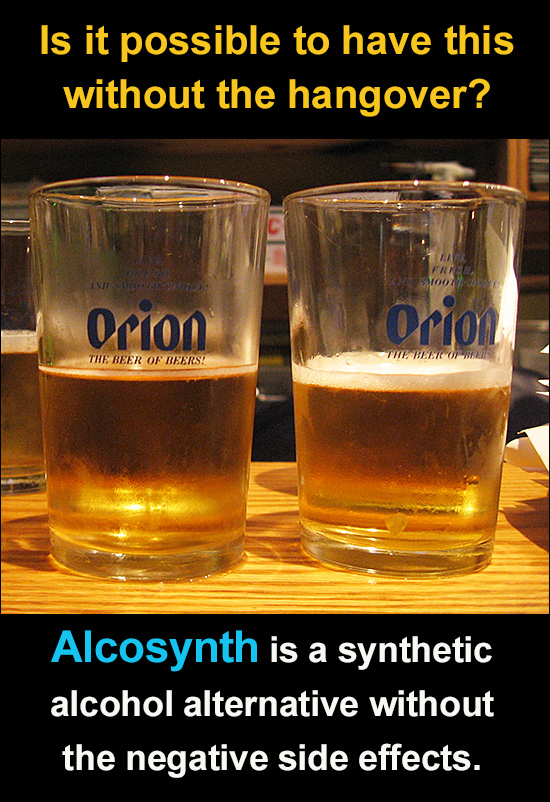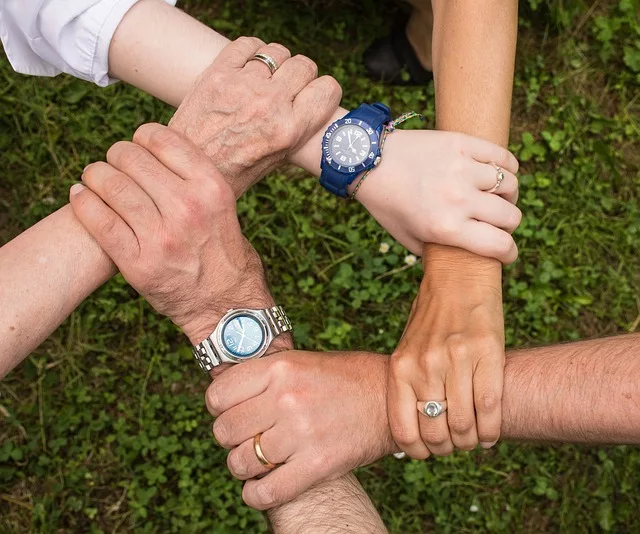It’s not the first time some high-minded, lab-coat wearing alchemists donned goggles, skittered between beakers of boiling liquids. They tried to make gold out of lead, metaphorically speaking anyway. In this case, it’s a British neuropharmacologist and his team’s attempt to develop a consequence-free type of synthetic alcohol called Alcosynth. It comes with all the pluses and none of the pain.
Alcosynth, says its inventor, psychiatrist and professor at Imperial College London, U.K., David Nutt, is a low-calorie, hangover(less) beverage. It would get drinkers tipsy, but not blackout drunk.
His team at Alcarelle is made up of clinical research scientists. Their goal is finding a safe and responsible alternative to alcohol.
“Wouldn’t it be fantastic if we could replace alcohol with something that led to almost no deaths? That would be one of the greatest public health developments in the world,” Nutt said in an interview.
Sobering Statistics of Alcohol Consumption
One of America’s favorite pastimes is knocking back a few too many adult beverages. The toll it takes on overall public health and well-being is pretty steep though. The National Institute on Alcohol Abuse and Alcoholism (NIAAA) reports:
- Around 86 percent of adults admit to drinking alcohol at some point in their lifetime and more than 50 percent say they’ve had a drink in the past month
- It’s estimated that 15 million drinkers in the U.S. suffer from alcohol use disorder, which is almost certainly underreported.
- Alcohol-related fatalities are the third leading cause of preventable death in the United States, claiming approximately 88,000 lives a year
- More than 10 percent of children in the U.S. live in a household where at least one parent has problems with alcohol.
- Regular alcohol consumption has been linked to 15 various types of cancer
The statistics are, shall we say, sobering. So, developing a safer alternative to alcohol is not necessarily a misguided venture. The U.K. based endeavor is named Alcarelle. However, it’s not yet on the market anywhere.
According to Nutt, Alcosynth interacts with the body’s metabolism without resulting in acetaldehyde, the toxic byproduct of alcohol consumption that ends up causing “the spins,” nausea, vomiting and headaches – AKA the hangover.
The professor and his team are optimistic that Alcosynth would reduce alcohol addiction and death rates. However, not everyone shares their optimism.
“My instinct is that we have an intrinsic drive to consume ethanol that can’t be replaced,” Robert Dudley, professor of integrative biology at the University of California, Berkeley, said in an interview last year.
Can We Replace Drugs or Alcohol With Synthetic Alternatives like Alcarelle’s Alcosynth?
Author of “The Drunken Monkey: Why We Drink and Abuse Alcohol,” Dudley isn’t sure a synthetic molecule like Alcosynth can replace alcohol. There’s some evidence he’s right.
Other stimulant alternatives, such as e-cigs, nicotine-laced gum and time-release patches, haven’t taken cigarettes out of circulation. Though tobacco sales are down, some evidence suggests that young people who take up “vaping” are more likely to become smokers later.
On the other hand, replacement therapies for opioid addiction, medications like methadone, Suboxone and Naltrexone, coupled with cognitive behavioral therapy (CBT), have shown to be effective in treating serious addiction.
As Nutt suggests, whether or not alcohol and all its troubles are likely to disappear in a generation remains to be seen.
It would be interesting to see if it might help those with an addiction to alcohol. It could also help others who have health problems requiring they can’t have alcoholic drinks.
There’s little doubt, however, that a beverage like Alcosynth would lead to fewer days of missed work after a national event like the Super Bowl…or the Fourth of July or…Labor Day weekend or…
Related:
Can You Get Drunk on Non-alcoholic Beer?
21 Signs You Might Have A Drinking Problem
Does Alcohol Increase the Risk of Breast Cancer?






